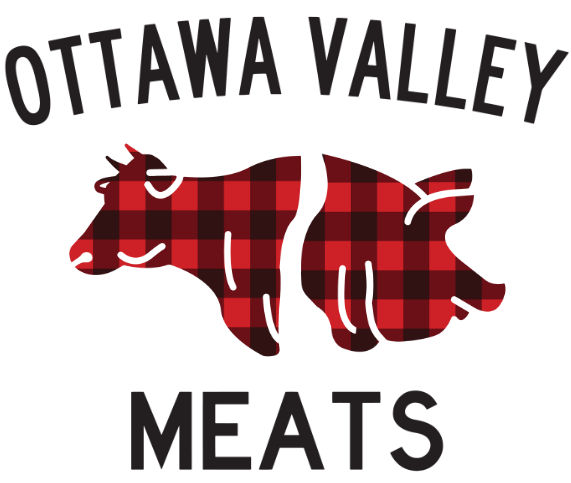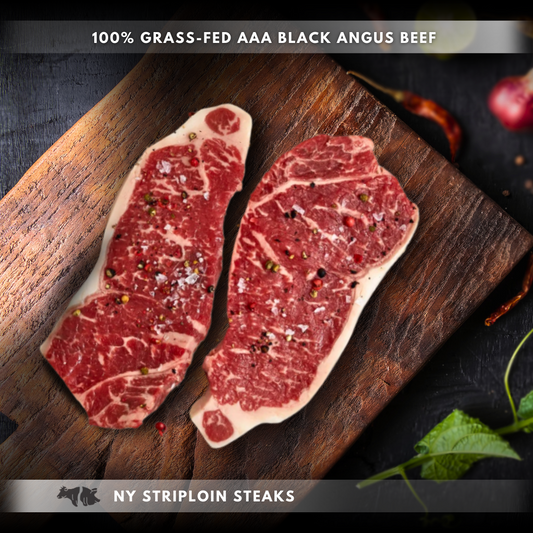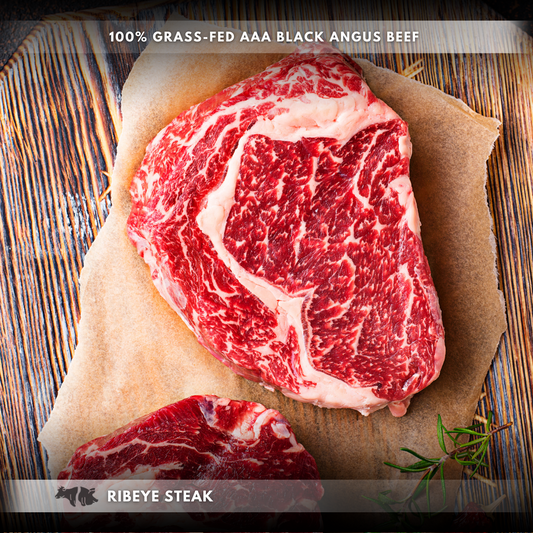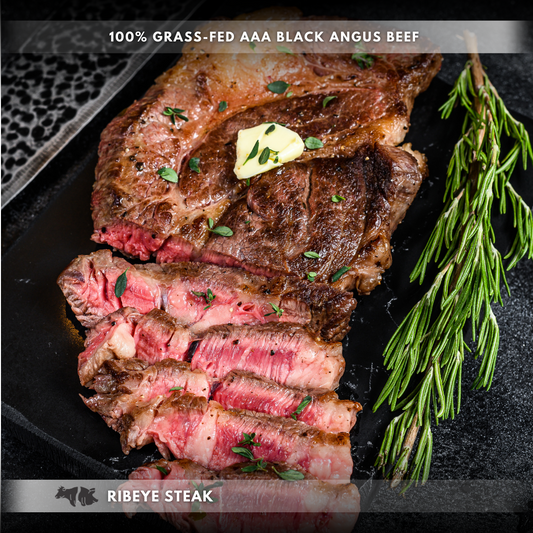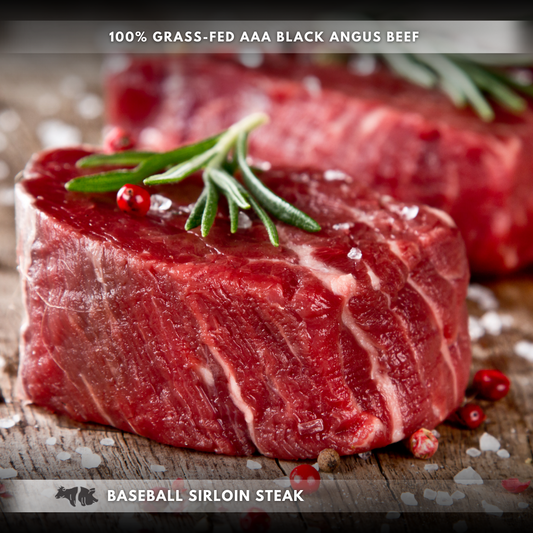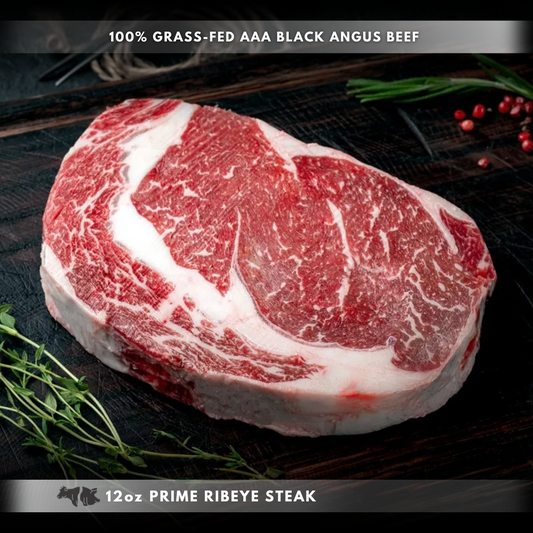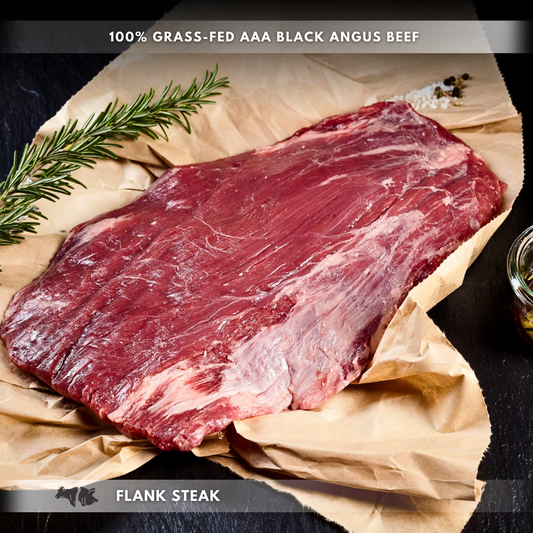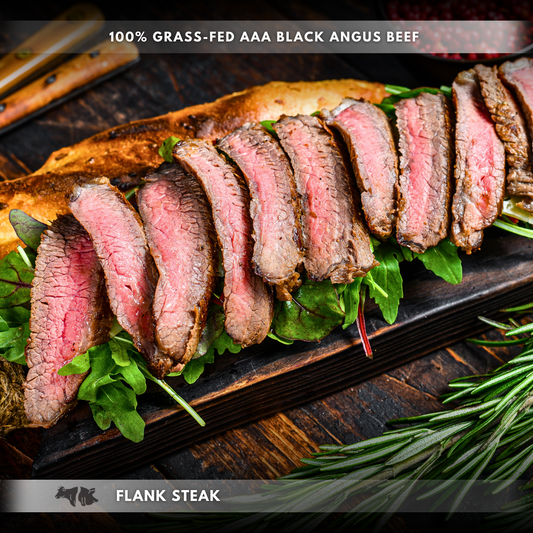The Benefits of Pasture-Raised Livestock: A Sustainable and Healthier Choice
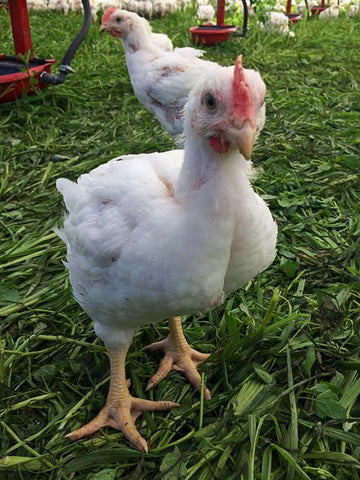
In recent years, there has been a growing awareness and concern about the impact of industrial agriculture on our environment, animal welfare, and overall food quality. As consumers, we have the power to make a positive change by supporting sustainable and ethical farming practices. One such practice gaining popularity is pasture-raised livestock. In this blog post, we'll explore why pasture-raised livestock is a superior choice compared to animals raised in feedlots.
-
Animal Welfare: Pasture-raised livestock enjoy a more natural and humane life compared to animals raised in feedlots. In a pasture-based system, animals have ample space to roam, graze on diverse grasses and forage, and express their natural behaviors. They are not confined to cramped feedlot conditions, where they can suffer from stress, overcrowding, and health issues due to unnatural diets and lack of exercise. Choosing pasture-raised meat supports ethical treatment of animals and promotes a higher quality of life for them.
-
Nutritional Value: Meat from pasture-raised livestock often exhibits superior nutritional qualities. Animals raised on diverse pastures have access to a wider range of nutrients, which can translate into more nutrient-dense meat. Pasture-raised meat tends to be higher in omega-3 fatty acids, vitamins A and E, and conjugated linoleic acid (CLA). These nutrients are associated with numerous health benefits, including reducing the risk of heart disease, improving brain function, and supporting a healthy immune system.
-
Environmental Sustainability: Pasture-based livestock farming is more environmentally sustainable compared to feedlot operations. Grazing animals on pastures can promote soil health, reduce erosion, and contribute to carbon sequestration. Pastures, when managed properly, act as carbon sinks and help mitigate climate change. Additionally, pasture-based systems require fewer synthetic inputs, such as fertilizers and antibiotics, reducing the environmental footprint associated with conventional feedlot operations.
-
Antibiotic Use and Hormone-Free: Pasture-raised livestock are typically raised without the routine use of antibiotics and growth hormones. In feedlots, animals are often given antibiotics to compensate for the unsanitary and stressful conditions they are subjected to. This overuse of antibiotics contributes to the development of antibiotic-resistant bacteria, posing a threat to human health. Choosing pasture-raised meat reduces the risk of antibiotic resistance and ensures that you are consuming meat that is free from unnecessary hormones and additives.
-
Taste and Quality: The difference in taste and quality of pasture-raised meat is remarkable. Animals raised on diverse diets of grasses, herbs, and forage develop a more pronounced and complex flavor profile. The meat tends to be leaner, yet juicier, and has a richer texture. Pasture-raised meat enthusiasts often note the distinct and robust taste, which can enhance your culinary experience and make every bite a memorable one.
Conclusion: Opting for pasture-raised livestock is not only a healthier and more ethical choice, but it also supports sustainable farming practices that benefit the environment. By choosing meat from pasture-raised animals, we can promote animal welfare, enjoy superior nutrition, reduce our environmental impact, and savor the exceptional taste and quality of consciously raised meat. Let's embrace this positive change and make informed choices that align with our values and contribute to a more sustainable and responsible food system.
